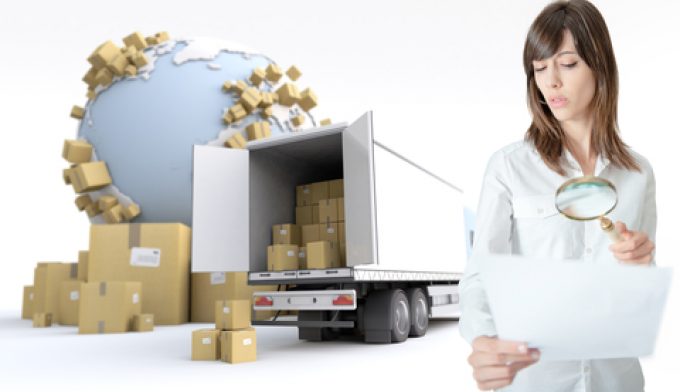Arrests and goods seized as raids across EU uncover massive import fraud
Coordinated raids by the European Public Prosecutor’s Office (EPPO) in several European countries uncovered a ...

The Loadstar is running a series of reports on the ecommerce sector, which has been driving growth in air cargo. But are there clouds on the horizon?
The limited visibility between e-tailers and airlines is becoming increasingly challenging for customs agents inspecting ecommerce parcels, and the ...

Comment on this article